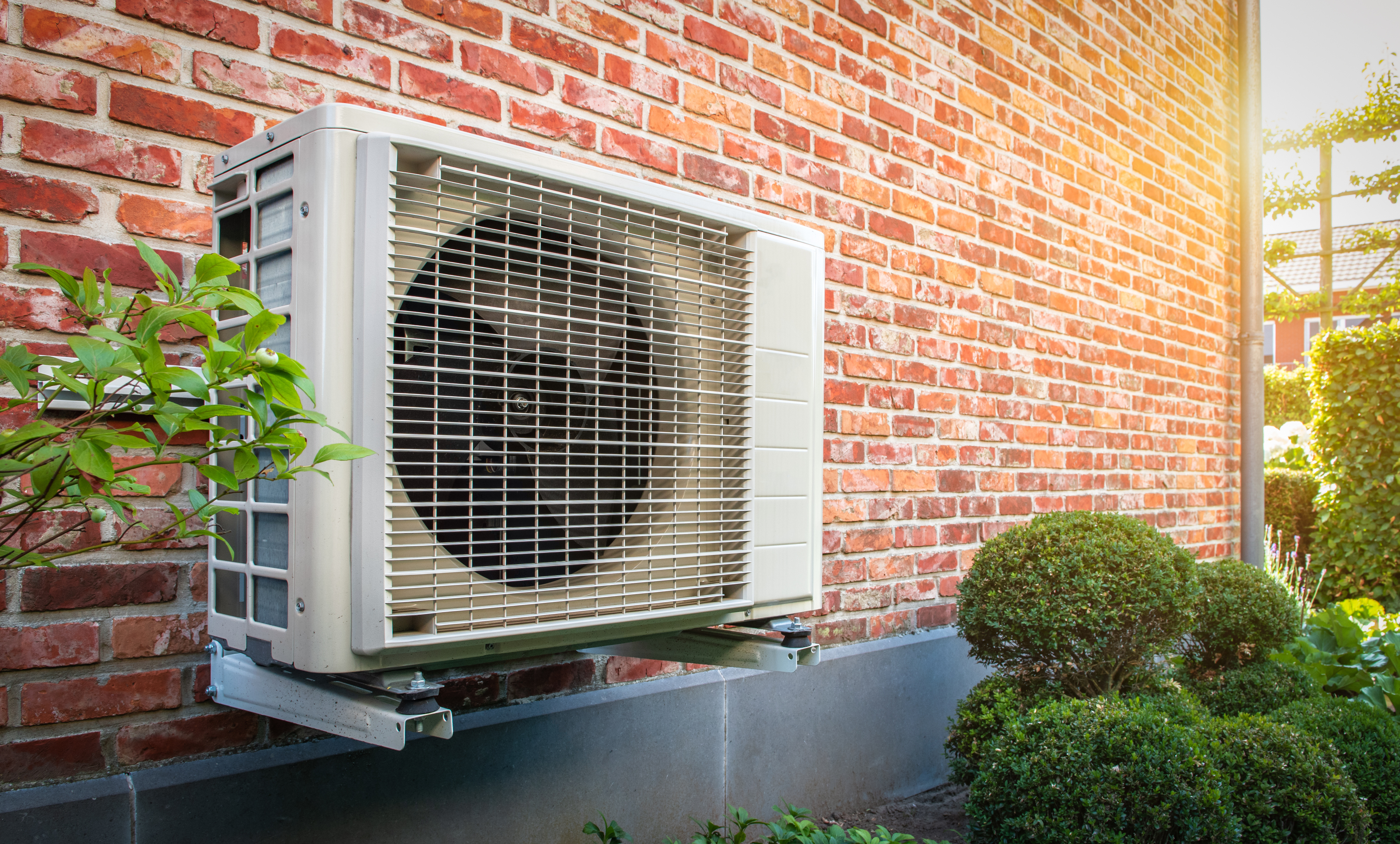Upgrading homes to downgrade energy bills: two new studies on making renovation easy
Upgrading homes to downgrade energy bills: two new studies on making renovation easy
BEUC NEWS - 12.04.2023
As part of meeting its climate objectives, Europe has committed to a ‘Renovation Wave,’ a massive undertaking to render Europe’s ageing building stock more sustainable.
For this strategy to be successful, consumers will need to be on board, as it will require complicated and expensive decisions like insulation and buying a heat pump. For consumers, knowing how far to go with thermal insulation, at what point it makes sense to shift to a green heating system or how to access simple and affordable financing solutions can be a real challenge.
To help answer these questions – and to provide policymakers with guidance on how to make this journey easier for consumers – BEUC commissioned two new studies, which were released today at an event in Brussels.
The first looks at how to make it easier for consumers to see from their Energy Performance Certificate (EPC) whether their home is ready for a heat pump or not. Investing in a heat pump only makes sense from a financial (and energy performance) perspective with a certain level of insulation.
Some of the main findings of the report are that:
-
EPCs in many European countries do not currently give consumers a clear idea about whether their home is ready for a heat pump;
-
The readiness of a home varies greatly across Europe according to the climate, the level of insulation and the type of building (apartments or houses);
-
To give consumers clarity about how much they need to invest (as a full renovation might not always be needed e.g., in warmer climates), the readiness for a heat pump should be clearly communicated as a label on the home’s EPC.
The second is all about financing and addressing the up-front costs that consumers may face when investing in home renovation and a heat pump. The amount of capital required to renovate Europe’s housing stock – 40% of which was built before 1960 – is massive, far outstripping public resources. This is why subsidies alone will not be enough to help consumers to make the home renovation leap.
Among its main findings are that:
-
Single public financing options (e.g., grants or subsidies) are most relevant for the lowest income households but are unsustainable for public finances if extended to everyone. They need to be disbursed before the works are completed to allow consumers to tackle the up-front costs;
-
The best way to help consumers to implement their home improvement works is to combine public grants or subsidies with private tools (such as monthly supplements on consumers’ energy bills known as ‘on-bill schemes’);
-
Local authorities, suppliers, financers, and one-stop shops need to coordinate together to provide consumers with straightforward and trustworthy financial solutions.
Read full report on heat pump readiness indicators or read the executive summary.
Read full report on financing or read the executive summary.
The European Consumer Organisation
Europäischer Verbraucherverband
Bureau Européen des Unions de Consommateurs



